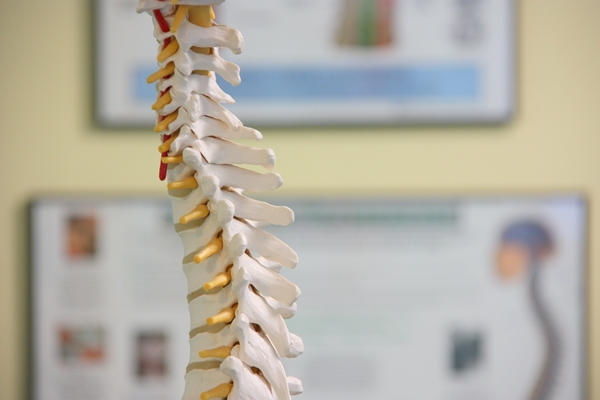24 January 2017. Clinical trials in Europe are set to begin to test a non-invasive device that stimulates nerves and the spinal cord to treat neuromotor disorders. PathMaker Neurosystems Inc. in Boston is conducting the trials with Institut du Cerveau et de la Moelle Epinière, or Brain and Spine Institute, in Paris, scheduled to begin later in 2017.
The clinical trials will test PathMaker’s MyoRegulator system as a treatment for neuromotor spasticity, where muscles are continuously contracted, which interferes with normal speech and movements, and can be particularly harmful to growing children. Spasticity, marked by muscle tightness and involuntary movements, is a symptom of disorders including cerebral palsy, multiple sclerosis, traumatic brain injury, stroke, and spinal cord injury. American Association of Neurological Surgeons estimates some 12 million people worldwide have some form of neuromotor spasticity.
PathMaker is developing systems that harness electronic current stimulation of the spinal cord and muscles to treat muscle paralysis, spasticity, and weakness often found in disorders such as stroke, cerebral palsy, multiple sclerosis, and spinal cord injury. Unlike other technologies that require surgical implants to deliver the current, the company’s devices deliver electronic stimulation from electrodes placed on the skin at multiple points on the body.
Signals from PathMaker devices are sent to muscles through nerve pathways that are damaged, yet still intact. One electrode is placed at a designated position over the spinal cord, while other electrodes are placed at points on the body where muscles require stimulation. The company says preclinical studies with animals and early human feasibility studies indicate the technology can help relieve muscle paralysis and weakness, as well as disorders in muscle tone.
The company’s lead device is the MyoRegulator system, offering spinal cord stimulation functions that relieve spasticity in muscles. The treatment in this case is aimed at hyperexcitable spinal cord circuits where stimulation can regulate aberrant signals causing the muscles’ spasticity. An early-stage trial testing MyoRegulator’s safety and efficacy is underway at the Feinstein Institute for Medical Research in Manhasset, New York.
Brain and Spine Institute conducts research on neurological diseases, and arranged for the trial to be conducted at Pitié-Salpêtrière Hospital in Paris. The study, which will be used to apply for Conformité Européene or CE regulatory approval for the device in Europe, still requires approval from French authorities. Pathmaker, which has an office in Paris, takes part in the Brain and Spine Institute’s incubator program to speed new neuroscience technologies into commercialization.
As reported in Science & Enterprise, Pathmaker’s spinal stimulation technology received a U.S. patent in June 2016, with the inventor listed as physical therapy professor Zaghloul Ahmed at College of Staten Island, a division of City University of New York, which was assigned the rights to the invention. Ahmed is the scientific founder of Pathmaker and an adviser to the company.
Read more:
- Grant Funds MRI for Mental Illness Understanding
- Project to Design Hybrid Stroke Imaging Technology
- LEDs Shown to Reduce Alzheimer’s Brain Plaques
- Trial to Test Radio Waves to Treat Alzheimer’s
- Partnership Assessing Nerve Stimulation Bleeding Device
* * *


 RSS - Posts
RSS - Posts
You must be logged in to post a comment.